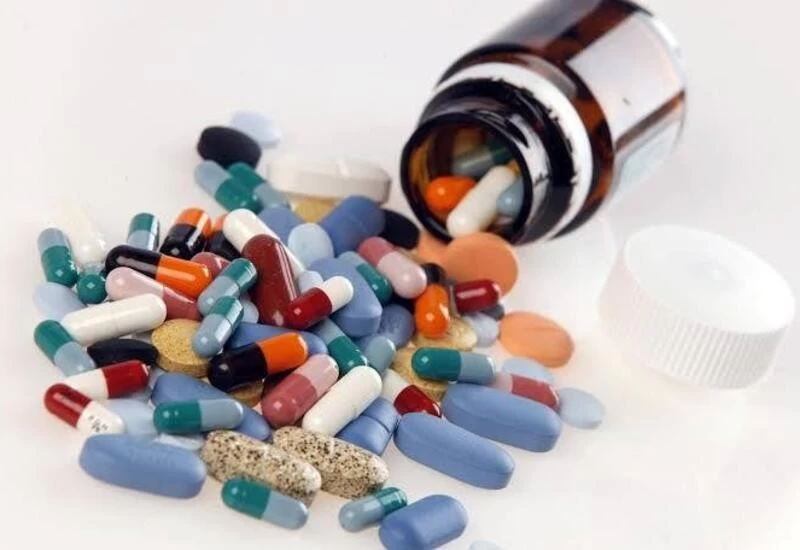New Delhi: The National Pharmaceutical Pricing Authority (NPPA) used its emergency powers to raise ceiling prices of 21 essential medicines by 50%, as per a notification issued on Friday.
These essential medicines include Bacillus Calmette–Guérin (BCG) vaccine, anti-malaria drug Chloroquine, anti-leprosy drug Dapsone, the antibiotic Metronidazole, and vitamin C among others.
The increase in prices of these key drugs was on account of a sharp rise in the cost of active pharmaceutical ingredients (APIs) from China, and as the increase in prices of these medicines had not been been enough to offset the rising cost, the regulator said.
Following the hike, the price of a BCG vaccine now will be capped at ₹8.75 per dose, while it will now cost up to ₹1.16 for a tablet of 150 mg chloroquine.
A 400mg tablet of metronidazole will now be ₹1.25.
The NPPA said that many companies had sought to discontinue production of these medicines owing to their high cost.
"The mandate of NPPA is to ensure availability of drugs at affordable prices. It was noted that while ensuring affordability, access cannot be jeopardized and the life saving essential drugs must remain available to the general public at all times," the regulator noted in its minutes to the meeting. Mint has seen a copy of the minutes.
The price increase was based on a recommendation by the Standing Committee on Affordable Medicines and Health Products (SCAMHP) under Niti Aayog, which had on 7 November suggested a one-time price increase of 50% for 12 medicines.
Another nine medicines were added to the list following examination of certain cases on 26 November, the NPPA said in its meeting.
The increase in price caps was criticised by healthcare activists.
"The one time 50% price increase is arbitrary and lacks application of mind. The Government needs to put in place a system for monitoring API prices and fluctuations," S. Srinivasan, co-convenor, All India Drug Action Network (AIDAN) said in a statement.
"This shows again the limitations of market based pricing. Cost based pricing is best placed to deal with such price fluctuations."
Srinivasan also called for transparently laying out the method for arriving at the 50% price increase.
AIDAN is fighting a case in the Supreme Court against the government, wherein it has sought the use of cost-based pricing for capping prices of essential medicines instead of the market-based pricing currently used.
In cost-based pricing, the total cost of medicines is calculated and a margin is added to it to determine the price caps, against the current method where the average of prices of all products of a formulation are calculated to arrive at the ceiling price of that formulation.


